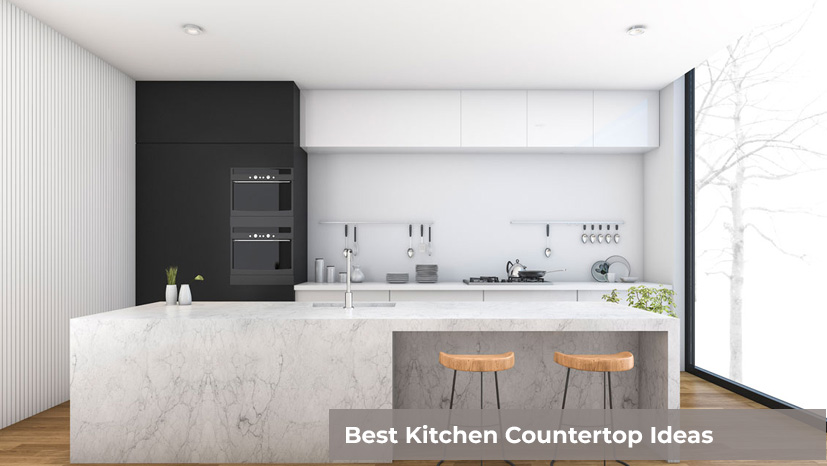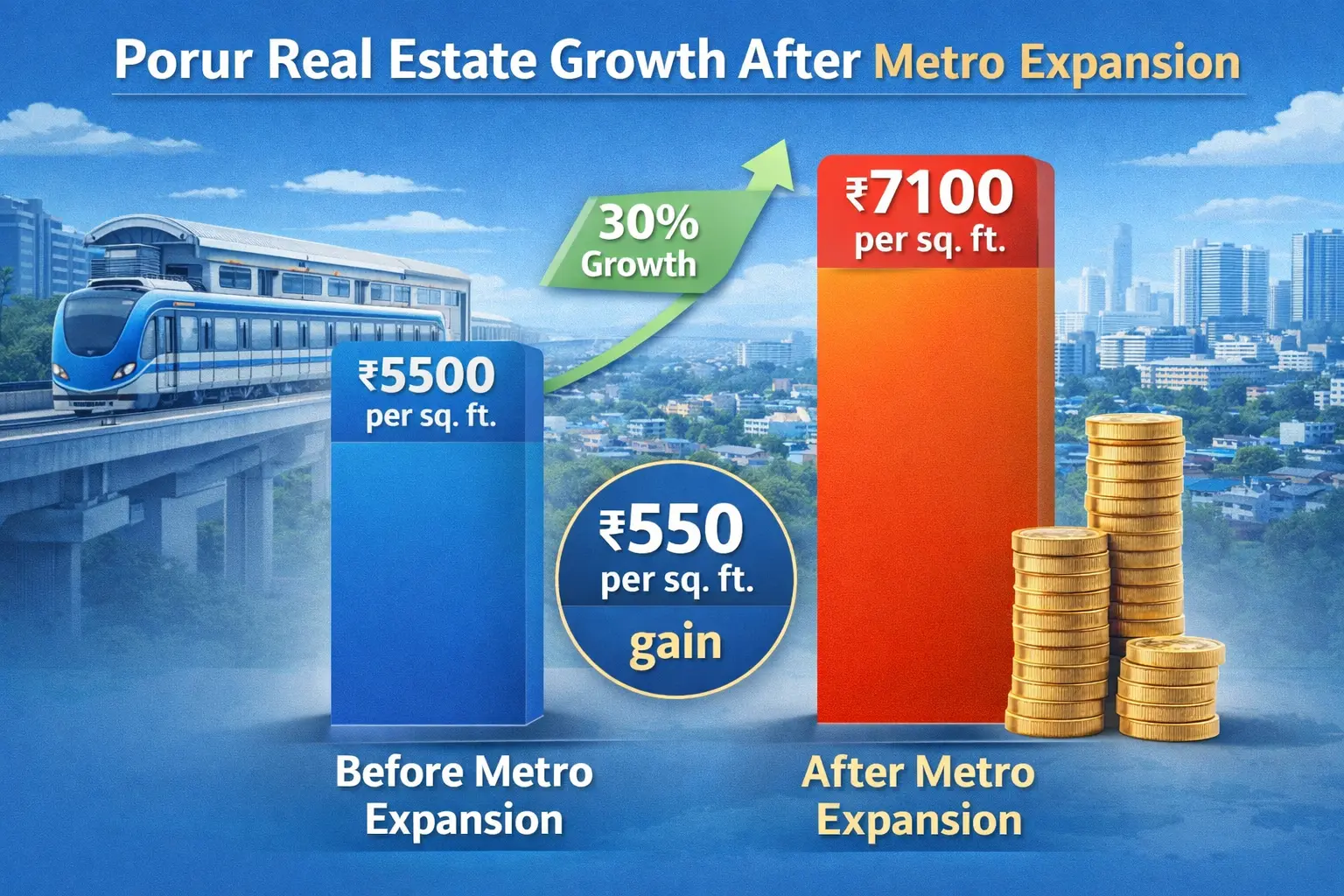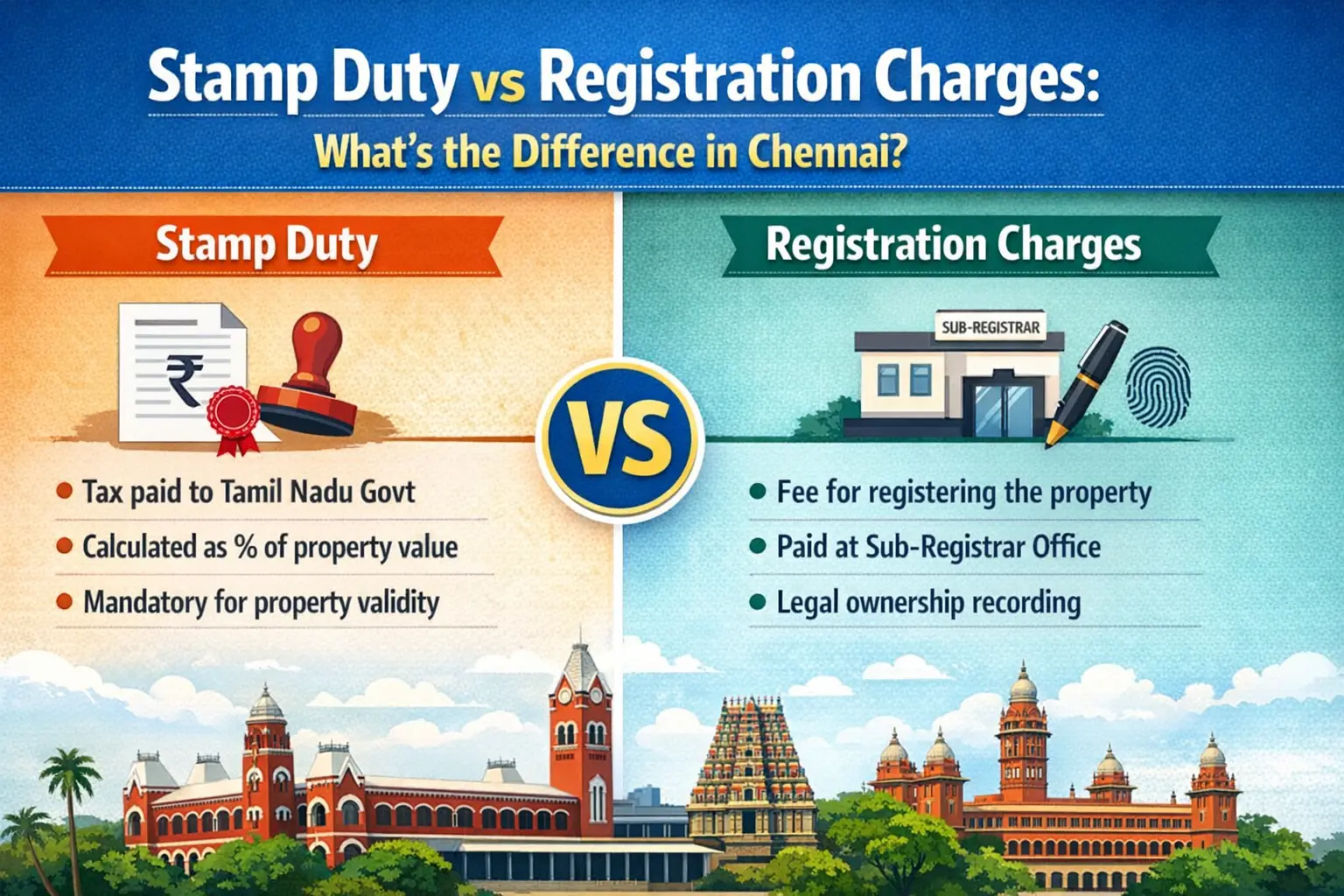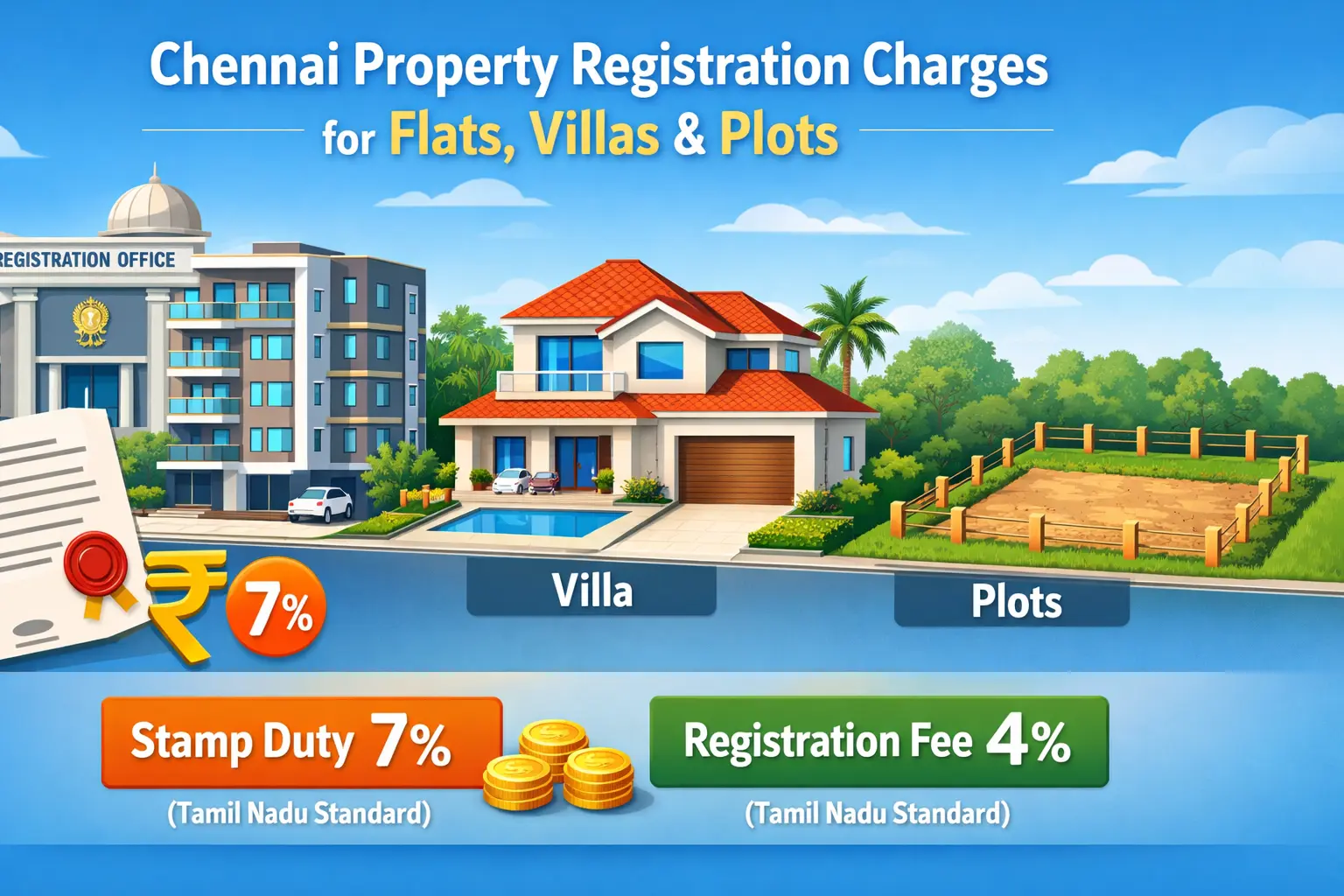Here's an expanded list of 20 types of kitchen countertops, detailing their features, pros, and cons:
1. Granite Countertops
- Material: Natural stone.
- Pros: Durable, heat-resistant, and available in various colors and patterns.
- Cons: Expensive, requires periodic sealing, and can chip or crack.
2. Quartz Countertops
- Material: Engineered stone (quartz crystals + resin).
- Pros: Durable, non-porous, low maintenance, and available in many colors.
- Cons: Pricey and not as heat-resistant as natural stones.
3. Marble Countertops
- Material: Natural stone.
- Pros: Elegant appearance and cool surface.
- Cons: Prone to staining, scratching, and requires regular sealing.
4. Laminate Countertops
- Material: Layers of paper or fabric with a plastic coating.
- Pros: Budget-friendly, wide range of designs, and easy to clean.
- Cons: Less durable, can be damaged by heat and sharp objects.
5. Butcher Block Countertops
- Material: Hardwood (maple, oak, walnut).
- Pros: Warm, natural look and can be sanded/refinished.
- Cons: Requires regular maintenance, can scratch, dent, and harbor bacteria.
6. Concrete Countertops
- Material: Customizable concrete mix.
- Pros: Highly customizable, durable, and heat-resistant.
- Cons: Can crack, requires sealing, and is heavy.
7. Solid Surface Countertops
- Material: Man-made (acrylic or polyester resins).
- Pros: Seamless, non-porous, and repairable.
- Cons: Not very heat-resistant and limited color options.
8. Stainless Steel Countertops
- Material: Stainless steel.
- Pros: Modern look, heat-resistant, and hygienic.
- Cons: Can show fingerprints and scratches, and may dent.
9. Glass Countertops
- Material: Tempered glass.
- Pros: Modern, heat-resistant, and available in various colors.
- Cons: Expensive, susceptible to fingerprints, and can chip/crack.
10. Recycled Material Countertops
- Material: Recycled glass, paper, aluminum, etc.
- Pros: Eco-friendly, unique appearance, durable.
- Cons: Expensive, limited options, and maintenance needs.
| "Best Builders Floor Apartment in Chennai" |
11. Soapstone Countertops
- Material: Natural stone.
- Pros: Non-porous, heat-resistant, and develops a patina.
- Cons: Can scratch and dent, requires regular oiling.
12. Tile Countertops
- Material: Ceramic or porcelain tiles.
- Pros: Versatile design options, heat-resistant, and affordable.
- Cons: Grout lines can stain and require maintenance.
13. Lava Stone Countertops
- Material: Natural volcanic stone.
- Pros: Heat-resistant, non-porous, and unique appearance.
- Cons: Very expensive and limited availability.
14. Travertine Countertops
- Material: Natural limestone.
- Pros: Attractive and unique texture.
- Cons: Porous, requires sealing, and can be scratched.
15. Copper Countertops
- Material: Copper metal.
- Pros: Antimicrobial, develops a unique patina, and heat-resistant.
- Cons: Prone to dents and scratches, requires regular maintenance.
16. Zinc Countertops
- Material: Zinc metal.
- Pros: Antibacterial, develops a patina, and malleable.
- Cons: Prone to scratching and denting, and can be expensive.
17. Paper Composite Countertops
- Material: Recycled paper and resin.
- Pros: Eco-friendly, durable, and warm appearance.
- Cons: Can be damaged by heat, requires sealing.
18. Bamboo Countertops
- Material: Bamboo.
- Pros: Eco-friendly, sustainable, and unique appearance.
- Cons: Requires sealing, can scratch, and not very heat-resistant.
19. Acrylic Countertops
- Material: Synthetic acrylic resin.
- Pros: Customizable, seamless, and easy to maintain.
- Cons: Can scratch, not very heat-resistant, and can be expensive.
20. Poured Epoxy Countertops
- Material: Epoxy resin.
- Pros: Customizable, seamless, and durable.
- Cons: Can yellow over time, not very heat-resistant, and challenging to repair.
Each type of countertop material offers unique benefits and potential drawbacks, making it important to consider your specific needs, style preferences, and budget when choosing the right countertop for your kitchen.
Also read: 21 Kitchen Color Combination for your Kitchen
https://www.livehomes.in/blogs













